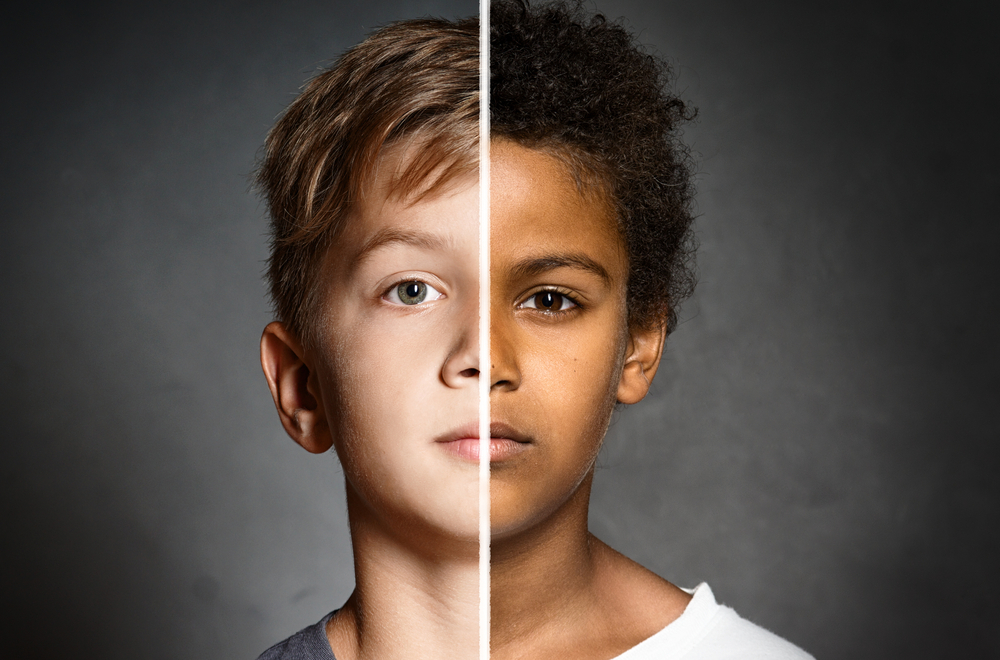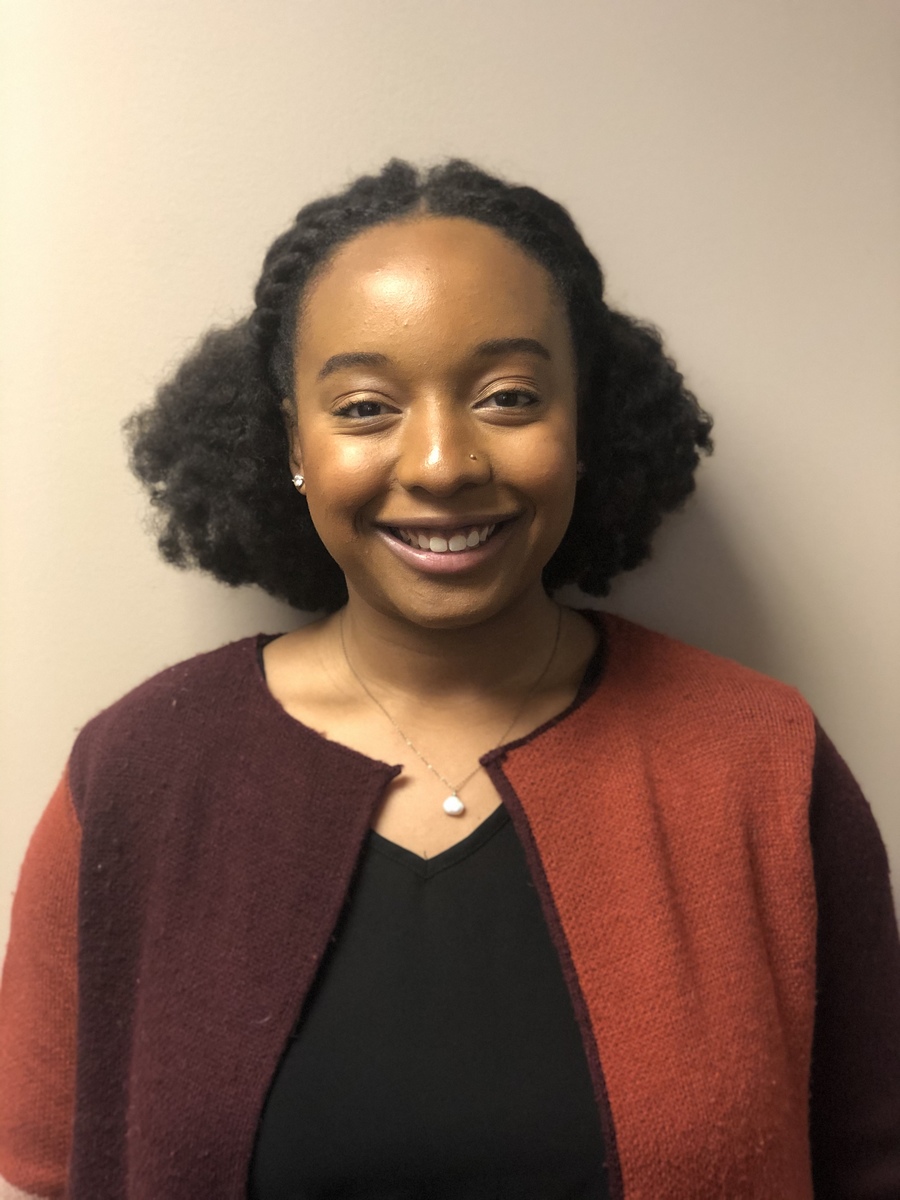
06 Jul Having the Racism Talk with Your Children
“People have always been at the heart of what we do. Our North Shore Family Services family stands together with the community at large as upstanders, speaking out against racism, oppression, injustice, and murder. We will continue to challenge these appalling offenses, refusing to be silent, complicit, or to accept the status quo; and are listening, noticing, wondering, learning, and taking action.
We will always continue to encourage, engage, and empower our clients, families, and communities to hold difficult and uncomfortable conversations, providing an open space to process events and bring about positive change to repair the world”
Having an oppression and racism talk with your child can be difficult to navigate.
In light of the nation’s recent events, some families are faced with having to continue to have these tough conversations, and for others it has been an opportunity to begin talking about racism at home. No matter what boat you’re in, it can become unknown territory for yourself as a parent if you’re still trying to navigate and process racism and discrimination in America. We live in a society where kids have more access to information via news, social media, and peers. Wouldn’t you want them to learn about our nation’s current events, racism, oppression, and inequality from you? While the racism talk can be a tough conversation, it is much stronger than silence. Here are some common questions parents have on navigating this unknown territory.
Will talking to my child about race and discrimination make them more racially biased?
This is a valid concern that many parents have: that talking about race will increase their own child’s racial biases. The danger actually lies in not having this conversation at all. As kids continue to develop, they are constantly faced with many people from different experiences and backgrounds on top of trying to determine how they fit into their world. By not having this conversation, children are forced to draw their own conclusions about groups of people based on their own experiences, social media, and the news. Families, teachers, and other adults your child comes into contact with are powerful influences in a child’s understanding of the world and this isn’t a light responsibility.
Is my child too young to have the racism talk?
Children as young as 3 months are able to differentiate people based on skin color and other physical attributes. Babies are more likely to look at faces of the same race as their parents. By the age of 2, they often use race as a factor in deciding who to play with. As your child continues to age, by age 5 they may begin to hold racial biases and perspectives they observe from their own culture and those they live with.
Once a child reaches school-age, they are exposed to many different people who have different beliefs and experiences. This can be an eye-opening and confusing time as your child is also trying to determine how they fit into their world developmentally. It is never too early to have a conversation about race and differences. Having this talk from a young age can enrich your child’s understanding of the world and promote healthy racial attitudes.
How do I have a conversation about race and recent events with my child?
The short answer to this question is that there is no one way to have the racism talk with your child. Here are some main points to help have a fruitful conversation:
Recognize differences and celebrate them.
Take opportunities to talk about differences among other people while also celebrating that we are all human. This is a great time to learn about other cultures and even attend different cultural events!
Remain open to questions.
It’s okay not to have all the answers to questions. The questions your child has are windows to their thoughts on race and what they are experiencing in their own world. This is a great opportunity to find an answer together if you’re unsure how to answer their question.
Be curious about what your child knows and is observing.
Take opportunities to even go through their social media to gather a better understanding of what they know and are exposed to.
Validate what your child is feeling and experiencing.
Learning about race, discrimination, and inequality can be an eye-opening experience that can come with a flood of different emotions. Give your child space to process these emotions with you in a safe and loving environment. Emphasize what is wrong and unfair for your child to gather a better understanding.
Promote change.
If your child is older (in their teenage years), this is a great time for them to take action and be the change they want to see in their world. Action could look like having conversations with their friends, signing petitions, or even fundraising for a cause that is important to them.
Lead by example.
Your children are watching. They derive their own biases from adults and loved ones with whom they spend the most time. Show your child by your own example that racism is something that must be addressed and changed by standing up for what you believe in. Use language that is helpful for your child to understand.
Resources
https://www.nytimes.com/2020/06/05/us/talking-to-kids-about-racism.html
http://www.childrenscommunityschool.org/wp-content/uploads/2018/02/theyre-not-too-young-1.pdf

Haile is a Licensed Professional Counselor who received her Master’s degree from Adler University and Bachelor’s degree in Health Science and Psychology from DePaul University. Haile has worked with youth, teens, young adults, and families in educational, community mental health, and private practice settings.



Sorry, the comment form is closed at this time.